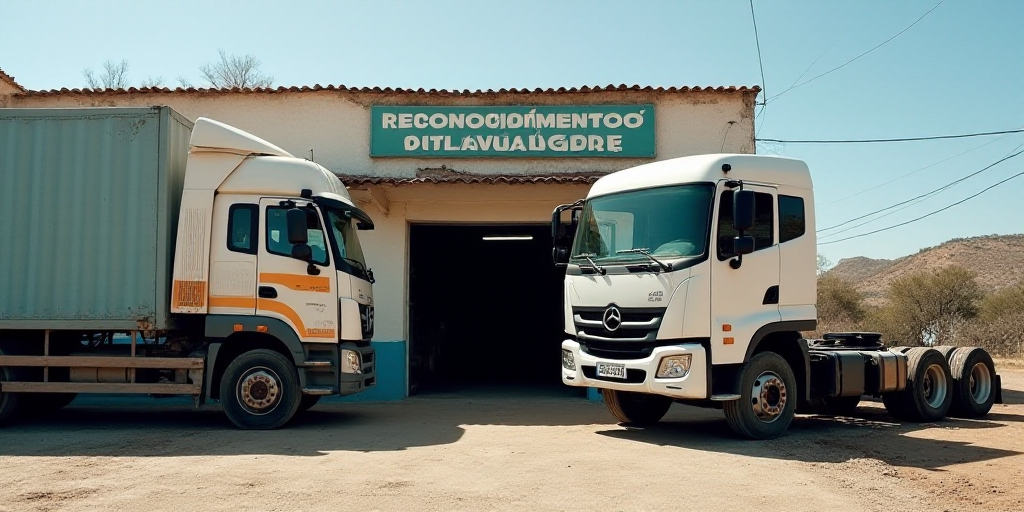Introduction to the Reform
On September 8, the Mexican government will present the 2026 Economic Package along with a proposed reform to the Customs Law. The aim is to boost tax collection at the country’s 50 customs offices.
Key Changes in the Reform
- Shared Responsibility: Customs agents will now share legal responsibility with importing and exporting companies to ensure declarations match reality.
- Legal Consequences: Customs agents will face legal consequences if irregularities are detected in customs operations.
- Technology-Driven Oversight: The reform will strengthen customs oversight using technology, including digitalization of customs procedures, artificial intelligence, biometrics, and risk analysis to detect smuggling.
- IMEX Program Enhancements: The reform will increase monitoring of the IMEX program, which allows temporary imports without immediate tax payment, provided goods are later exported after processing.
- Protection for Domestic Industries: The reform aims to safeguard Mexican industries, particularly strategic sectors like textiles, footwear, automotive, and electronics.
Impact on Businesses
These changes will transform the relationship between businesses and customs agents, requiring greater trust, transparency, and verification protocols. Companies may need to reassess their supply chains and strengthen internal controls due to stricter regulations.
Importance of Customs Revenue
Customs tax collection is crucial for Mexico’s economy, accounting for 24% of federal tax income and 3.6% of the Gross Domestic Product (GDP). From January to July 2025, customs offices collected MXN 836.809 billion, a 21% real growth compared to the previous year.
Types of Taxes Collected
The primary tax collected in customs offices is the Value Added Tax (VAT), generating MXN 583.793 billion. Other taxes include the Special Production and Services Tax (SPS), Import General Duty (IGD), Customs Brokerage Fee (CBF), New Vehicle Import Tax (NVIT), among others.
Militarization of Customs
In May 2022, former President Andrés Manuel López Obrador transferred control of Mexico’s 50 customs offices to the armed forces, previously managed by the Tax Administration Service (SAT).
In July 2021, the president created the National Customs Administration (ANAM) via a presidential decree, replacing the General Customs Administration, which was part of the SAT. The ANAM began operations in January 2022, led by military personnel.
Proposed Points in the Customs Law Reform
- Strengthen obligations and penalties for customs agents.
- Make customs agents 100% responsible for imported goods.
- Reduce the duration of customs patents from lifetime to 10 years, with renewal options.
- Implement electronic tracking devices in strategic inspection zones to monitor goods from departure to arrival.
- Reduce the storage period for goods in strategic inspection zones from five to two years, now further reduced to one year.
Key Questions and Answers
- What is the main goal of the customs law reform? The primary objective is to boost tax collection at Mexico’s customs offices and strengthen oversight using technology.
- How will the reform affect businesses? Businesses must adapt to increased trust, transparency, and verification requirements. Some may need to reassess their supply chains and internal controls.
- Why is customs tax collection important for Mexico’s economy? Customs taxes account for 24% of federal tax income and 3.6% of the GDP, making them crucial for the country’s economic stability.
- What changes were made to customs offices in Mexico? In May 2022, control of Mexico’s customs offices was transferred from the SAT to the armed forces, leading to the creation of the ANAM in January 2022.






